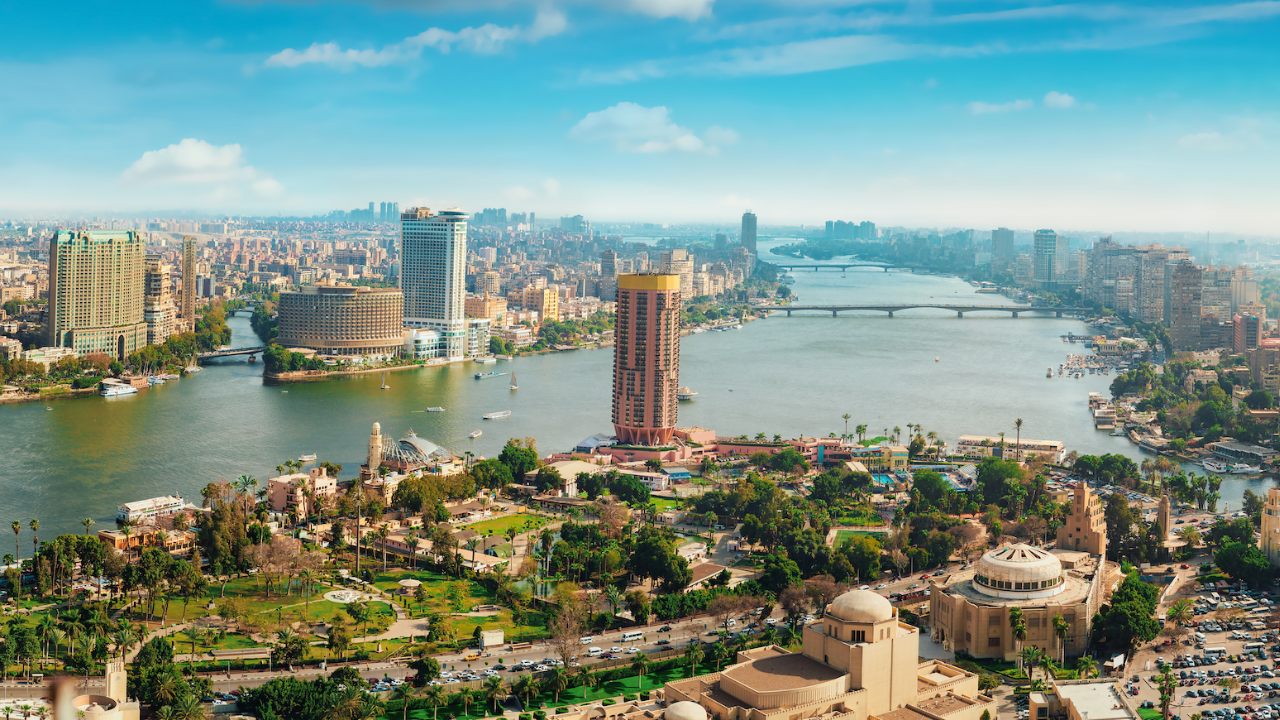Egypt’s Customs automation shows growth lies in the speed of exports and imports
In any business, speed is a factor. Whether a business is a large corporation or a small to medium enterprise (SME), its profits, consumer satisfaction and its ability to grow are tied to how quickly its operations can be carried out. Enterprise growth rates, in turn, feed into the GDP of the nations they operate in and, on a wider scale, the continent. If speed is negatively affected, growth is stymied, and economic growth is stunted. Nowhere is this clearer than in the import/export industry, with its global supply chains being impacted over the past few years by multiple factors.
Technology and free trade key to Africa’s growth
The ease of goods movement is integral to economic growth, and Africa is well placed to reap the benefits of this, thanks to two important factors. Technological advancements, connectivity growth and automation have already uplifted many industries around Africa, and through private-public partnerships, they are also helping speed up the flow of goods into and out of the continent. If the ease of regional and international trade improves, the intra-Africa trade figure could be significantly higher than the current 15.4%.
Some experts put the economic growth driven by digital transformation in Africa at US$180 billion, and if trends continue it could rise to US$712 billion by 2025.
The Egypt example
An example of this can be seen in the partnership involving Misr Technology Services, Webb Fontaine and the government in Egypt. In a deal signed in 2021, Webb Fontaine was chosen to spearhead a project to deliver a newly upgraded nationwide Integrated Risk Management (IRM) service at Egypt’s ports and borders. The project is set to support the rapidly growing Egyptian Trade and Customs sector, which has ambitions to expand and develop into one of the region’s most advanced cargo handling and forwarding destinations.
The IRM, which uses advanced technology including machine learning and artificial intelligence (AI) provides cover not only the Customs Authority in Egypt, but also the other government agencies involved in regulating trade across the border. The IRM works on a ‘trigger system’, to advise and implement inspection, reviewing and processing of export and import goods by a specific agency or customs. It draws on a steadily growing database of importers and exporters, as well as their goods and services, to speed up customs processes, tagging certain goods for ‘green lanes’ (which move swiftly) and ‘red lanes’ (which require inspection), based on each stakeholder’s compliance history and other indicators.
Customs officials have all the necessary data and documentation pertaining to cargo and suppliers on one platform that is constantly evolving and upgrading thanks to user feedback. The platform’s developers are cognisant that as new requirements or challenges in the supply chains are encountered, stakeholder feedback is listened to, considered, and applied.
The speed with which goods can now move across the border into Egypt has been vastly improved thanks to this automation of customs processes. In fact, the project has proven so successful that it has been rolled out in August 2022 to cover all ports and borders in Egypt. There will be a tangibleimpact as legitimate and compliant goods are no longer being held up for hours – even days – which can have knock-on detrimental effects all the way down the supply chain. For example, trucks containing goods which incur extra fuel, time, warehousing and possibly parking costs due to delays, will cause the products it is carrying to be more expensive by the time they arrive at their destinations. Due to this project’s success, many of these logistical problems will be mitigated.
Egypt’s partnership with Webb Fontaine and Misr Technology Services has paid dividends for the import/export industry and it is an example that clearly shows collaborations of this kind are good, not only for businesses and customs, but are vital in growing the economies of African nations.
ENDS
About Webb Fontaine:
Webb Fontaine is an AI company re-shaping the future of trade. Trusted by governments globally, Webb Fontaine provides industry wide solutions to accelerate trade development and modernization. The company uses unique technology including Artificial Intelligence to enable countries to emerge as leaders in the future of trade.
Knowledge transfer is at the core of Webb Fontaine; comprising a team of experts who work across the world, empowering local communities and governments.
As an industry leader with the largest R&D centres in the industry, Webb Fontaine is constantly developing international trade practices connecting countries, borders and people.

